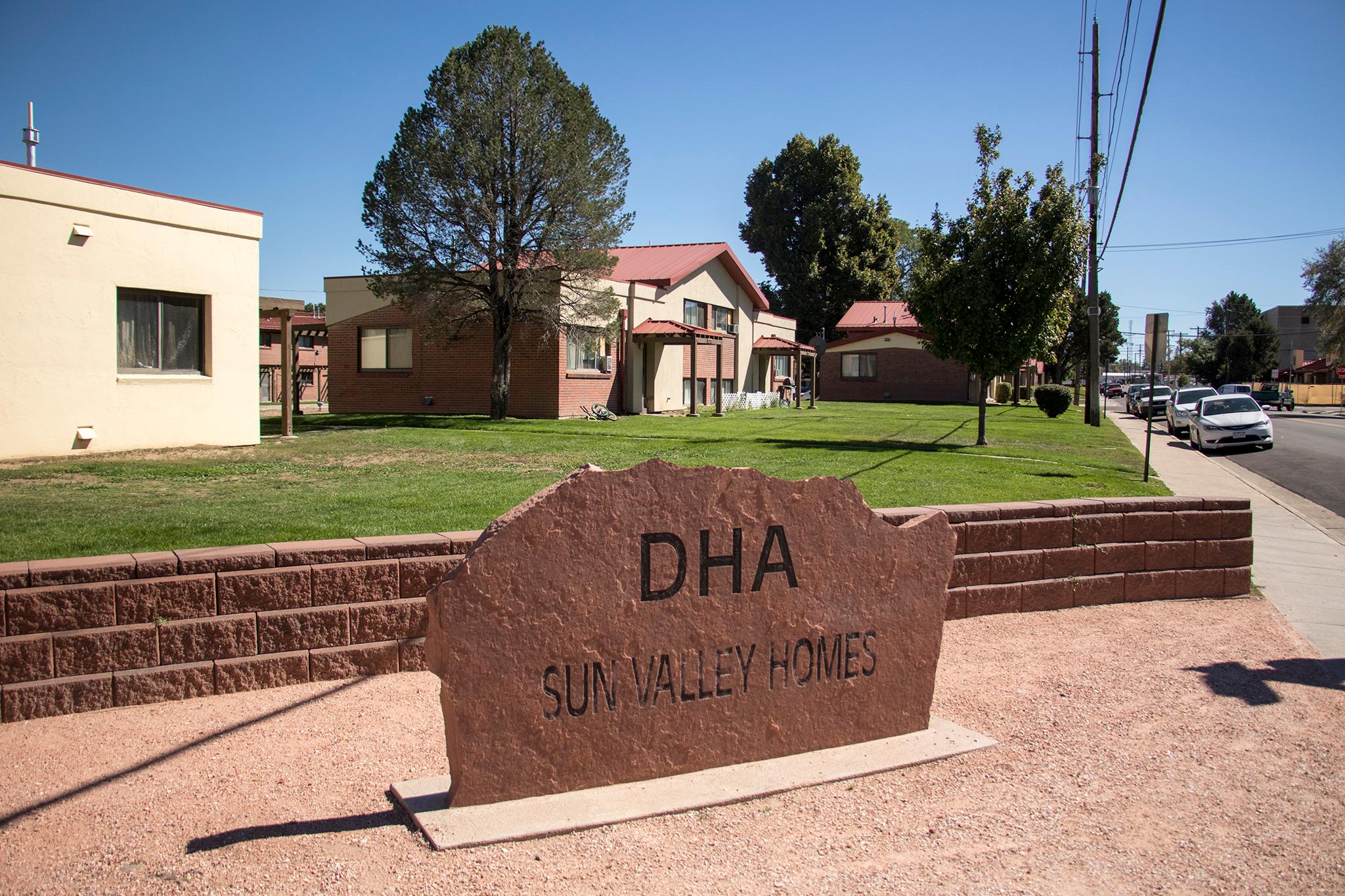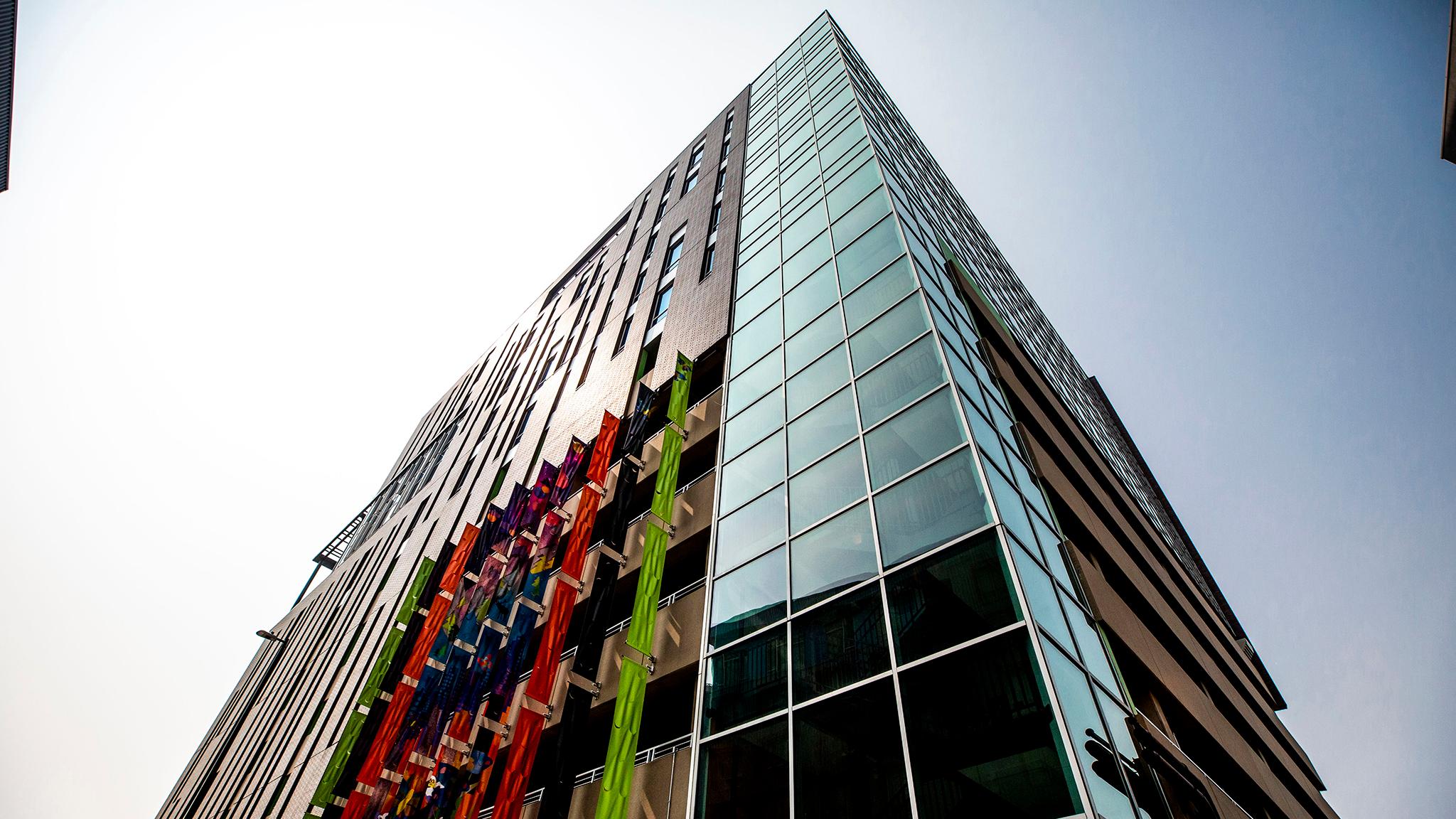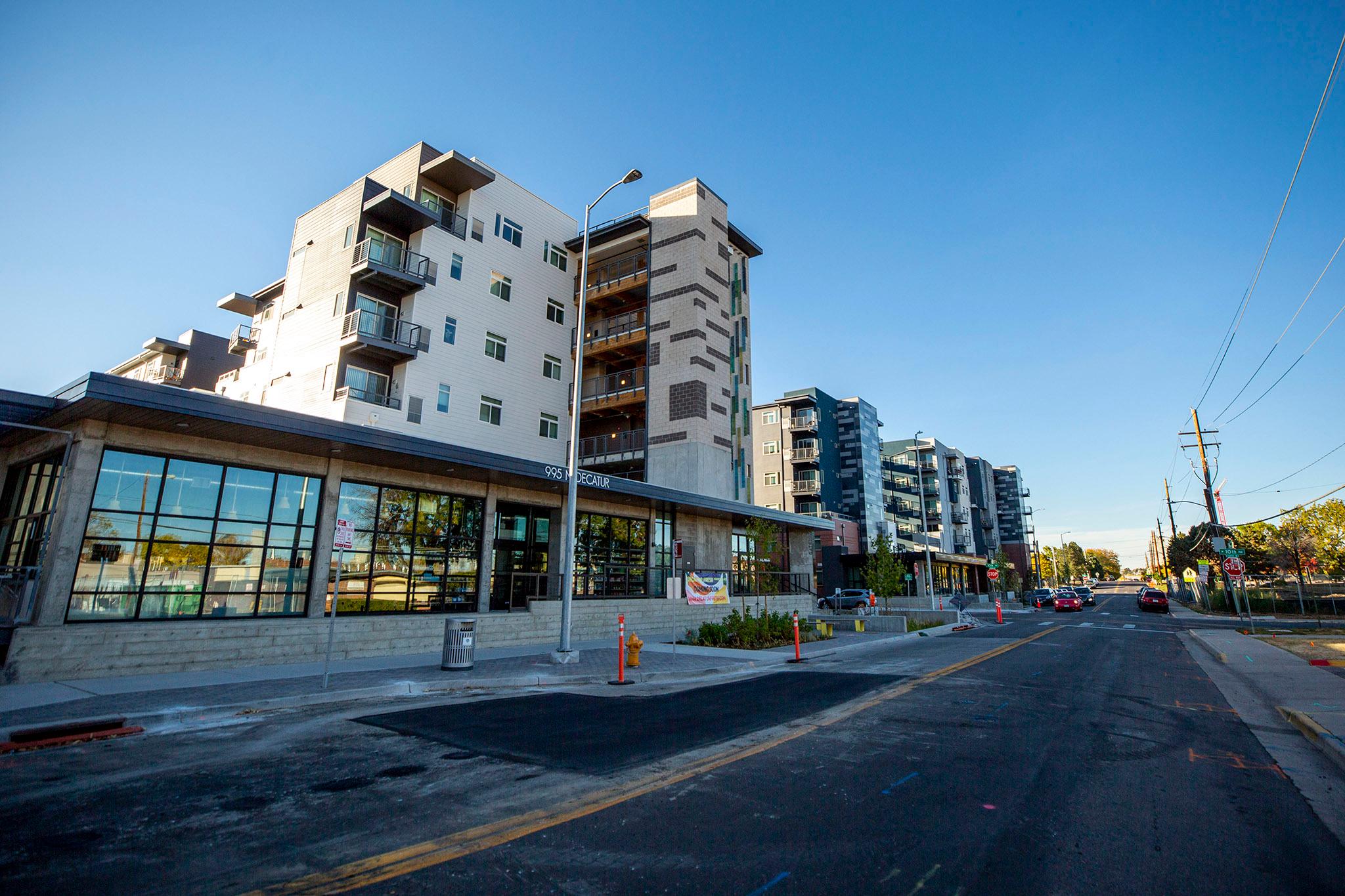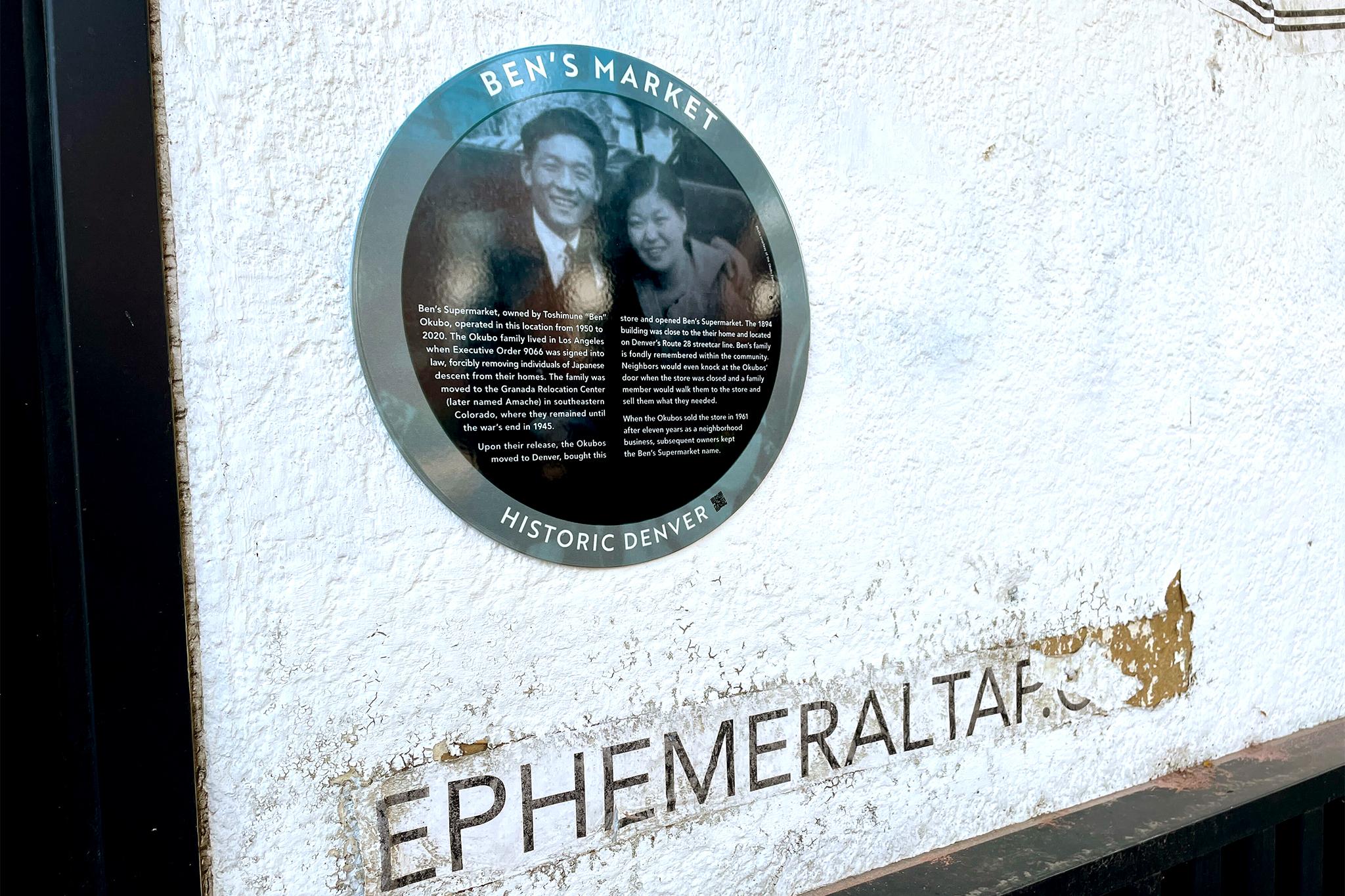Housing prices for renters and owners are sky high, while homes are in short supply. According to the latest Census, over 115,000 newcomers moved to Denver over the past decade and more are coming every day, putting even more stress on the housing market
Where should all these people live?
The need for new housing for people making less than the area median income -- which is $94,320 for a three-person family and $73,360 for a single person -- is extreme. In Denver, the median home price was around $545,000 in December, and median rent is currently $1,798, according to Apartment List's February rent report.
The city and county of Denver is short more than 50,000 homes for people making 60% of the area median income or less, according to Denver Housing Authority executive director David Nisivoccia.
Denver Housing Authority describes itself as a "quasi-municipal corporation" that offers both income restricted housing units and vouchers. When it comes to meeting the city's high housing needs, "We can't do that all by ourselves," Nisivoccia said. "But we are the largest affordable developer in the city and making the most impact on a daily basis."
Yet it can only build around 300 units a year, he explained.
These are some of the company's plans in 2022:
DHA is building 1,300 new homes, at the cost of $62.55 million in gap-bond funding, to add to its offerings for low- and middle-income residents. Those homes will be rolled out in the future.
The company will be continuing its collaborative work bringing new housing and economic energy to the Sun Valley neighborhood, including the construction of more than 900 new homes there in the coming years.
DHA serves more than 26,000 Denverites in total currently. The company currently has seven of 11 planned income-restricted housing projects in the works in 2022; they are 60% wrapped.

The economic issues Denver is facing mirror those around the country, Nisivoccia said, and to be solved will require a larger economic fix.
"I would say issues obviously accelerated in the last 30 years," he said. "If you look at the dichotomy of the overall economics of America, the vast growth of the top 1% and the pushing of the growing market at the lower AMIs, the middle level AMIs are getting pushed out in a lot of regards. So that means there's a higher demand for that type of housing. And it's an overall structural issue that America has got to face."
How federal, state and local governments choose to dedicate money to attainable housing will determine how much can be built.
"The primary tool to create new affordable housing is the federal tax credit program," explained Christopher Spelke, DHA's interim chief real estate investment officer. But that money is highly competitive. The state's tax credit program, the Colorado Housing and Finance Authority, does award a handful of projects in the metro area each year."
Those awards don't take into account the current costs of construction, which have risen fast during the pandemic.
"The problem is now our supply chain issues, even just labor shortages," Spelke said. "The construction costs continue to grow. So we are having to find ways to build the same amount of units with the same amount of subsidy, until something on the federal level and even at the state level, extends or provides more resources to build under the current tools that we have."

Nisivoccia sees some signs of hope that more funding might come.
Much of the DHA funding comes from federal sources and tax credits.
"You're kind of at the mercy of some of the funding institutions who provide tax credits, which is the major avenue for financing of our projects," he said. "Luckily, we have a really good track record in that arena."
And the broader community is caring more about affordable housing than ever -- even at the federal level.
"The last Democratic presidential debate was the first time affordable housing ever came up on a debate stage," he said. "So it's a double-edged sword, right? It's good that people are aware of it, but it's such a large problem that we have to address it, right?"
People who are making 60% of the AMI are increasingly spending greater percentages of the salaries on housing, which ripples across their lives.
"Home is the foundation to a better life, right?" Nisivoccia said. "And if people are struggling to find that home or they're excessively, rent-cost burdened, you know, where they're paying above 30% of their income towards rent, that puts pressures on every other aspect of life."
Shouldering high housing prices, people struggle to pay utility bills. The hope for paying for educational expenses seems increasingly out of reach. High quality healthcare starts to look like a luxury item.
"They're gonna have to make a decision," he said. "Do I take my child to the doctor? Or do I pay my heat bill?"












